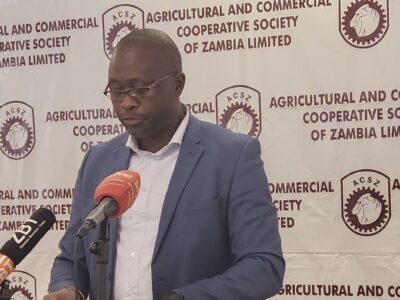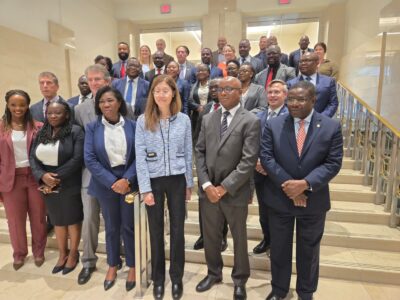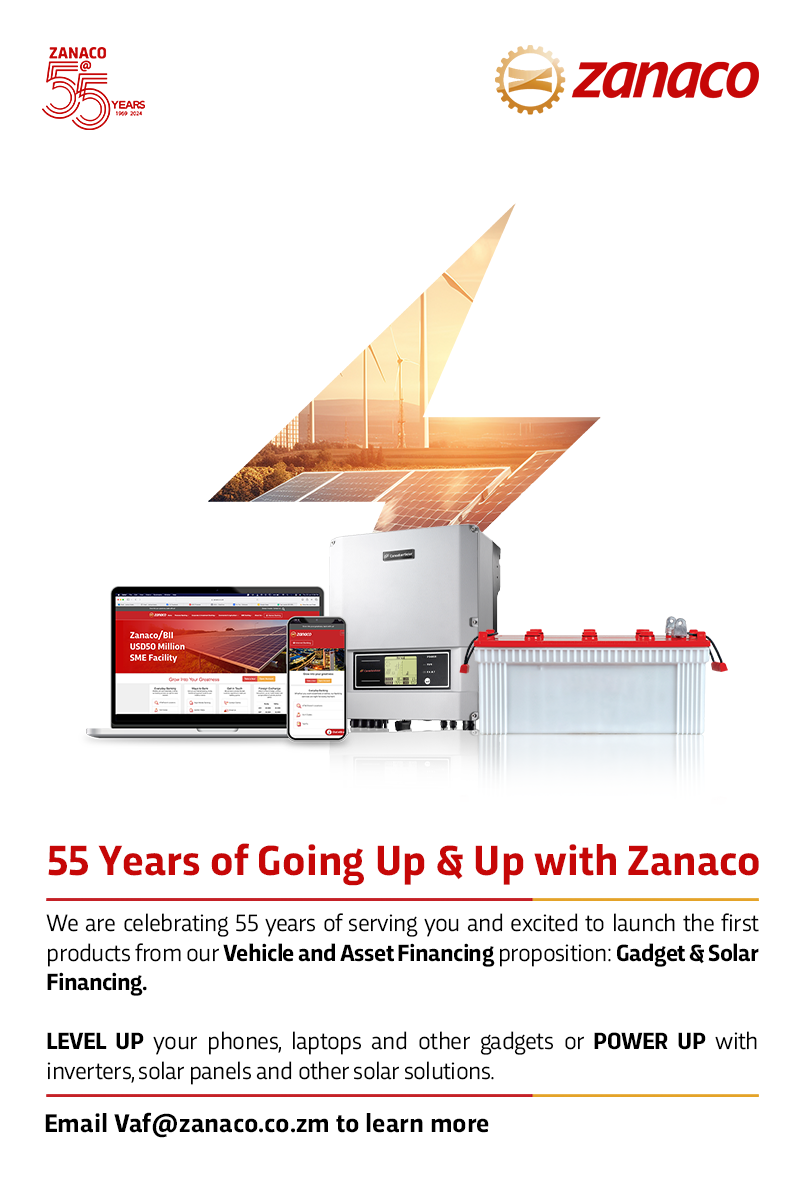Zambia’s electricity shortfall has risen from 450 megawatts to 750 megawatts, according to authorities.
Thabo Kawana, the Permanent Secretary of the Ministry of Information and Media, encouraged citizens to consider using solar energy, especially for lighting and refrigeration.
Kawana made these remarks during a media briefing in Lusaka on Sunday, addressing the country’s electricity situation.
“Government is cognizant of the fact that solar products are quite expensive and it is for this reason that the business community, especially those dealing with solar products, are urged to pass on the benefits to consumers by making them more affordable,” he stated.
Kawana highlighted that the government had zero rates taxes on solar products to make them more accessible.
He also urged institutions such as hospitals, barracks, and higher learning institutions to seriously consider adopting solar energy within the next three months.
He stated that this move could save 250 megawatts of power, which constituted 40 percent of the power consumed in Lusaka.
Read More: Manufacturers ask govt to suspend electricity exports, as load shedding persists
Additionally, Kawana mentioned that plans were being made to restart Ndola Energy, which would bring an additional 105 megawatts of power online.
“120 megawatts of emergency power is expected in the next four months, using diesel-powered generators that will be stationed in Ndola and Mpika,” Kawana added.
He called on Zambians and security forces to remain vigilant due to the increasing incidents of vandalism.
Kawana indicated that the current electricity situation would be reviewed monthly to assess changing parameters.
WARNING! All rights reserved. This material, and other digital content on this website, may not be reproduced, published, broadcast, rewritten or redistributed in whole or in part without prior express permission from ZAMBIA MONITOR.













Comments